Known mostly (if at all) in the States for doing the original version of "Everything's Alright" (covered by David Bowie on his Pin Ups album), the Mojos were one of the best Liverpool groups of the British Invasion. Besides "Everything's Alright" — a Top Ten raver in the U.K. — they never scored any other British hits of note, though a couple squeezed into the Top 30.
Bob Conrad (drums),
Keith Karlson (bass),
Stu James (vocals, harmonica), and Adrian Wilkinson (guitar)
had first gotten together in the early '60s as the Nomads — though based in Liverpool, they were a bit different from most of the other Merseyside bands in that their first love was American blues rather than R&B and rock & roll, preferring to cover the works of John Lee Hooker and Muddy Waters to those of Chuck Berry or Little Richard.
They did manage to cross paths with the Beatles on more than one occasion, as evidenced by the fact that it was George Harrison, having heard the Nomads' roadie Terry O'Toole play jazz piano at a club, who suggested they make him a member and resident keyboard player. The four became five and they occasioned sometime after that to lay down their first permanent account of their sound, "My Whole Life Through," as part of a live showcase captured for posterity on one volume of Oriole Records' This Is Merseybeat. It was sometime after this that they were forced to relinquish the Nomads name to a London band who had an earlier claim, and they became the Mojos. By then the Beatles had launched the Merseybeat boom nationwide and Decca Records — who'd passed on the latter group — was playing catch-up by signing any group in sight. The Mojos got a contract and were among those bands that actually deserved that honor and effort — their debut single was consisted of "They Say You Found a New Baby" b/w "Forever," the latter an original by guitarist Adrian Wilkinson.
It was a solid effort, probably a little poppier than their stage sound of the time but not jarringly so, and though it failed to chart it was a credit to everyone involved. It was their second single, "Everything's Al'right" b/w "Give Your Lovin' to Me," cut in early 1964 — both group originals — that proved the group's worth, making number nine in England in the late winter of that year and spending 11 weeks on the charts, and even earning a U.S. release. Sad to say, they were never able to follow up that success, possibly because they never found a suitable song or approach. Their next single, "Why Not Tonight," seemed an awkward pop/rock vehicle for the group, the musical equivalent of a man forced into wearing a very uncomfortable suit of clothes (and in this case, the "suit" seemed to belong to either Gerry Marsden or Billy J. Kramer). Much better were the contents of their one EP, which included — in addition to "Everything's Al'right" — "I Got My Mojo Working" and Smokey Robinson's "The One Who Really Loves You."
both group originals — that proved the group's worth, making number nine in England in the late winter of that year and spending 11 weeks on the charts, and even earning a U.S. release. Sad to say, they were never able to follow up that success, possibly because they never found a suitable song or approach. Their next single, "Why Not Tonight," seemed an awkward pop/rock vehicle for the group, the musical equivalent of a man forced into wearing a very uncomfortable suit of clothes (and in this case, the "suit" seemed to belong to either Gerry Marsden or Billy J. Kramer). Much better were the contents of their one EP, which included — in addition to "Everything's Al'right" — "I Got My Mojo Working" and Smokey Robinson's "The One Who Really Loves You."
It was already the second half of 1964 when that four-song platter appeared, and as the group had only scraped the Top 30 since their solitary hit, the label began losing interest around this time. They did make it into a post-Hard Day's Night British Invasion cash-in film, Seaside Swingers, doing "Nobody But Me," but none of their singles from 1965 got anywhere near charting, and it was during this time that Conrad, O'Toole, and Karlson left the band to pursue other opportunities. Stu James kept the outfit running, and among the replacements he recruited were the bassist son of their road manager, a musician with acting aspirations named Lewis Collins, and Aynley Dunbar on drums.
It was this version of the group — although in all probability Stu James was the only one present — that recorded some fairly lackluster songs for Decca in 1966; "Goodbye Dolly Gray" was a pointless cover of a World War I song, and "I Just Can't Let Her Go" is a little too close to Tom Jones territory — which wouldn't necessarily be a bad thing, but was a bad end to an R&B-based band — for comfort, given this group's history. James used the name the Mojos in the studio at least once more, on Liberty Records in 1968, before closing out the history. And had it not been for Bowie's cover of their one hit, that might have been as much as anyone knew or cared about the Mojos.
At times they could be pretty wimpy, with vocals and material that would have been at home with Gerry & the Pacemakers. But at other times, with their electric keyboard-driven sound, they echo the much tougher Manfred Mann. Not quite at the level of the Beatles and even the Searchers in terms of quality, they were, except for the Swinging Blue Jeans and the Merseybeats, the best of the rest in their home city.
info
Enjoy!
They did manage to cross paths with the Beatles on more than one occasion, as evidenced by the fact that it was George Harrison, having heard the Nomads' roadie Terry O'Toole play jazz piano at a club, who suggested they make him a member and resident keyboard player. The four became five and they occasioned sometime after that to lay down their first permanent account of their sound, "My Whole Life Through," as part of a live showcase captured for posterity on one volume of Oriole Records' This Is Merseybeat. It was sometime after this that they were forced to relinquish the Nomads name to a London band who had an earlier claim, and they became the Mojos. By then the Beatles had launched the Merseybeat boom nationwide and Decca Records — who'd passed on the latter group — was playing catch-up by signing any group in sight. The Mojos got a contract and were among those bands that actually deserved that honor and effort — their debut single was consisted of "They Say You Found a New Baby" b/w "Forever," the latter an original by guitarist Adrian Wilkinson.
It was a solid effort, probably a little poppier than their stage sound of the time but not jarringly so, and though it failed to chart it was a credit to everyone involved. It was their second single, "Everything's Al'right" b/w "Give Your Lovin' to Me," cut in early 1964 —
 both group originals — that proved the group's worth, making number nine in England in the late winter of that year and spending 11 weeks on the charts, and even earning a U.S. release. Sad to say, they were never able to follow up that success, possibly because they never found a suitable song or approach. Their next single, "Why Not Tonight," seemed an awkward pop/rock vehicle for the group, the musical equivalent of a man forced into wearing a very uncomfortable suit of clothes (and in this case, the "suit" seemed to belong to either Gerry Marsden or Billy J. Kramer). Much better were the contents of their one EP, which included — in addition to "Everything's Al'right" — "I Got My Mojo Working" and Smokey Robinson's "The One Who Really Loves You."
both group originals — that proved the group's worth, making number nine in England in the late winter of that year and spending 11 weeks on the charts, and even earning a U.S. release. Sad to say, they were never able to follow up that success, possibly because they never found a suitable song or approach. Their next single, "Why Not Tonight," seemed an awkward pop/rock vehicle for the group, the musical equivalent of a man forced into wearing a very uncomfortable suit of clothes (and in this case, the "suit" seemed to belong to either Gerry Marsden or Billy J. Kramer). Much better were the contents of their one EP, which included — in addition to "Everything's Al'right" — "I Got My Mojo Working" and Smokey Robinson's "The One Who Really Loves You." It was already the second half of 1964 when that four-song platter appeared, and as the group had only scraped the Top 30 since their solitary hit, the label began losing interest around this time. They did make it into a post-Hard Day's Night British Invasion cash-in film, Seaside Swingers, doing "Nobody But Me," but none of their singles from 1965 got anywhere near charting, and it was during this time that Conrad, O'Toole, and Karlson left the band to pursue other opportunities. Stu James kept the outfit running, and among the replacements he recruited were the bassist son of their road manager, a musician with acting aspirations named Lewis Collins, and Aynley Dunbar on drums.
It was this version of the group — although in all probability Stu James was the only one present — that recorded some fairly lackluster songs for Decca in 1966; "Goodbye Dolly Gray" was a pointless cover of a World War I song, and "I Just Can't Let Her Go" is a little too close to Tom Jones territory — which wouldn't necessarily be a bad thing, but was a bad end to an R&B-based band — for comfort, given this group's history. James used the name the Mojos in the studio at least once more, on Liberty Records in 1968, before closing out the history. And had it not been for Bowie's cover of their one hit, that might have been as much as anyone knew or cared about the Mojos.
At times they could be pretty wimpy, with vocals and material that would have been at home with Gerry & the Pacemakers. But at other times, with their electric keyboard-driven sound, they echo the much tougher Manfred Mann. Not quite at the level of the Beatles and even the Searchers in terms of quality, they were, except for the Swinging Blue Jeans and the Merseybeats, the best of the rest in their home city.
info
Enjoy!



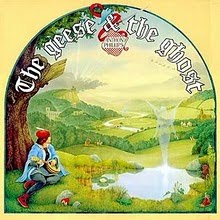



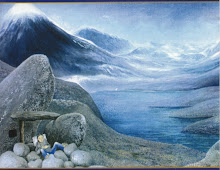

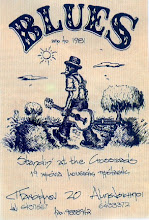

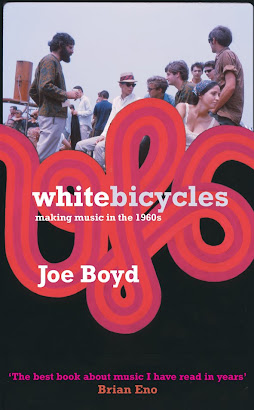
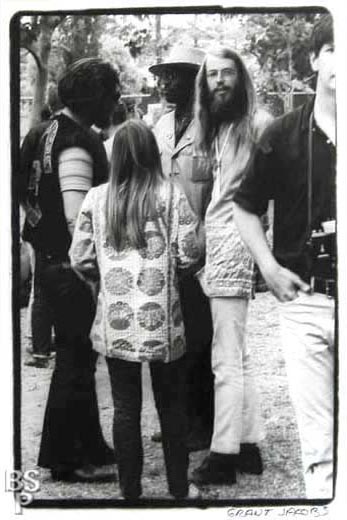
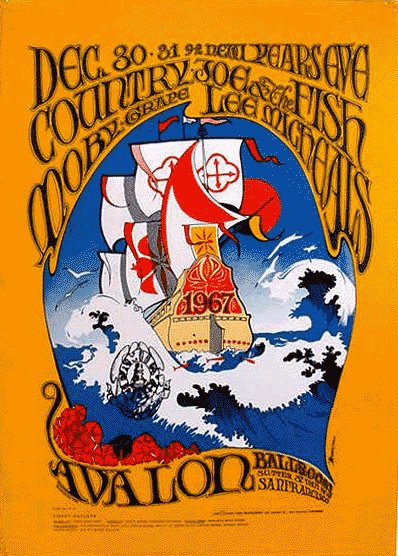
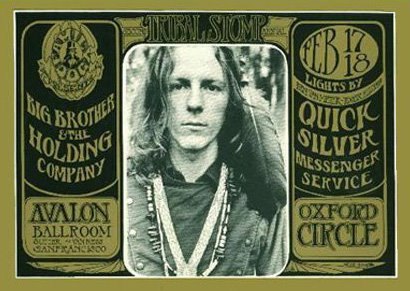
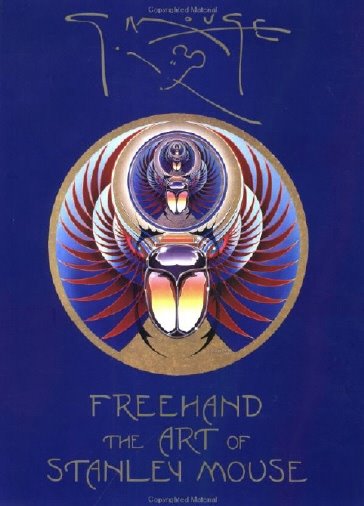.jpg)

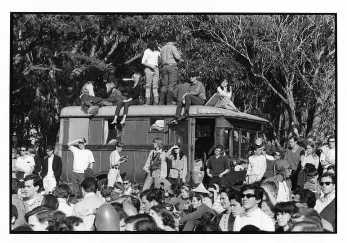




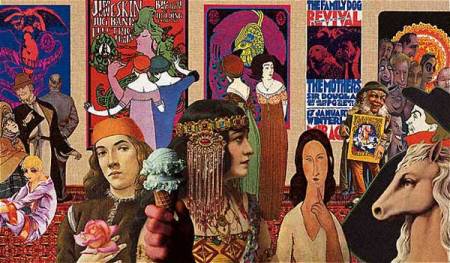.jpg)
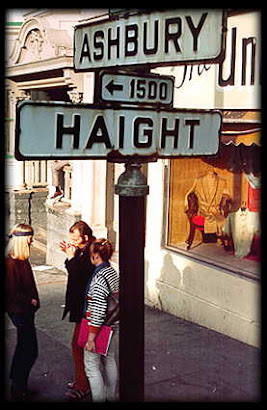
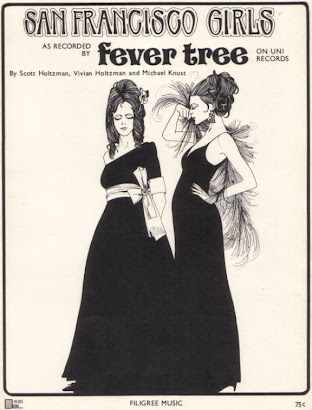
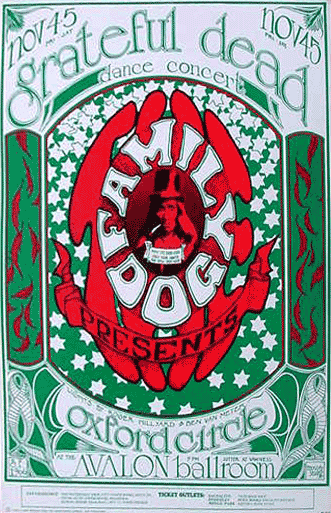
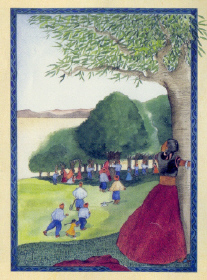
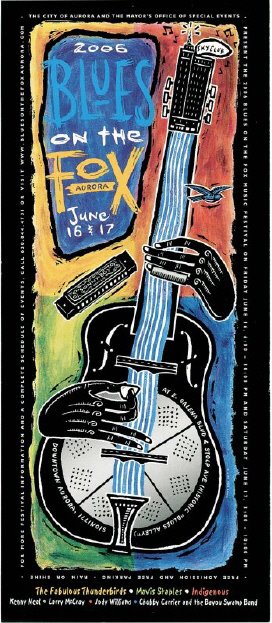












%20@320.jpg)







.JPG)






































































+-+cover.png)














.jpg)




































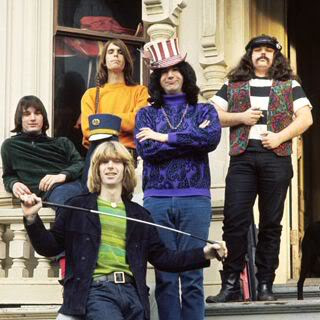




















































.jpg)








2 σχόλια:
Excelente tu blog, mas que eso, yo diría que exqisito, contactémos amigo. Ese es el camino correcto hacia la música de raices. Hay algo todavía por descubrir, pocos se han dado cuenta. Te espero en mi blog. Ok?
thnx amigo for comin here!!
Δημοσίευση σχολίου